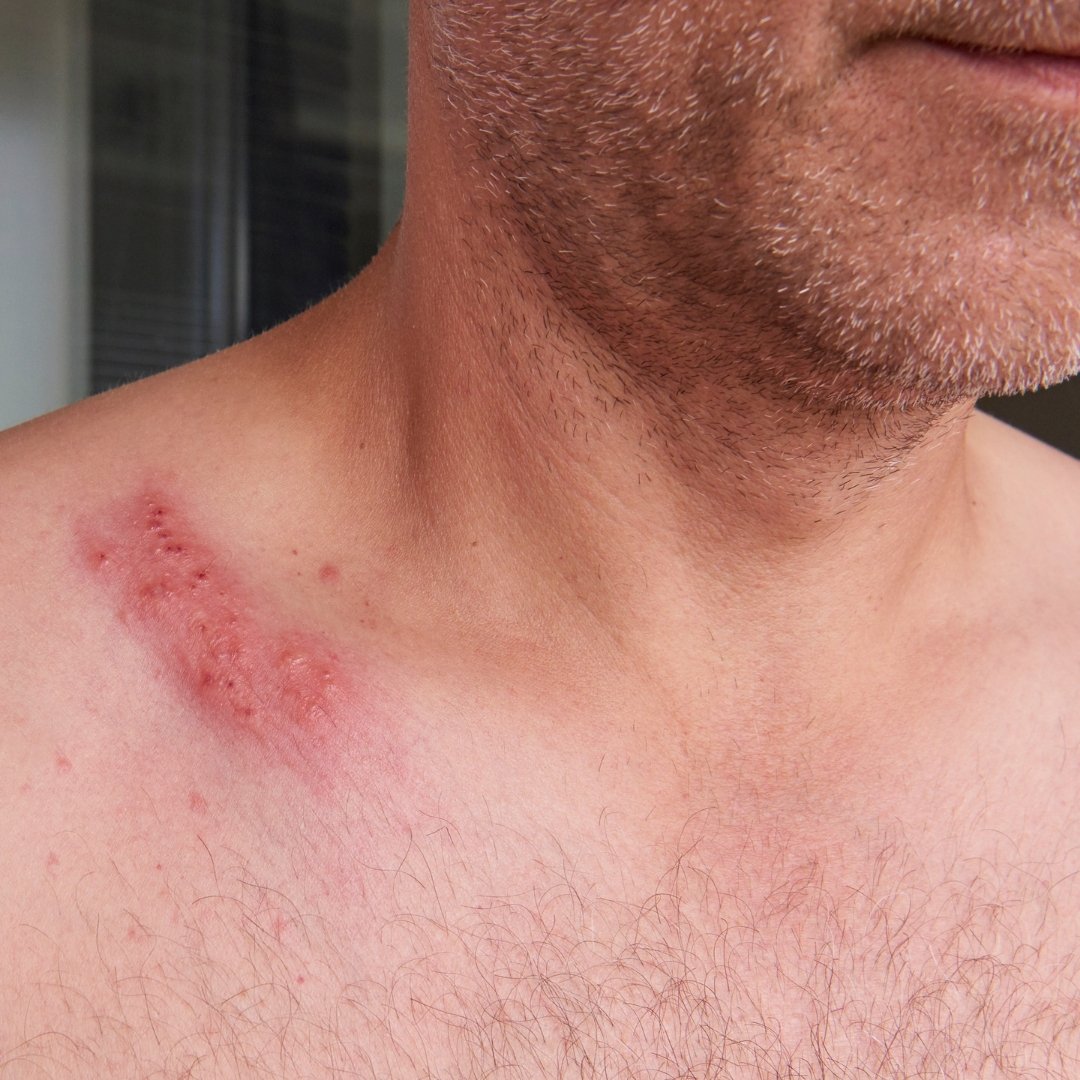What is Postherpetic neuralgia? Postherpetic Neuralgia, or PHN is the result of peripheral nerve injuries. Most associated with Shingles (Herpes Zoster or Varicella Zoster), approximately 20% of those who have experienced a shingles outbreak will develop postherpetic neuralgia pain.
Shingles is a result of the chickenpox virus which lies dormant (inactive) in the body after the initial illness then reactivates decades later in life. Only people who have had chickenpox can get shingles and those over 60 with weekend immune systems are at higher risk of developing it. An outbreak of shingles usually appears only on one side of the body as painful rash with blisters and last for a few weeks. However, some will develop postherpetic neuralgia even after the outbreak has healed.
Postherpetic neuralgia occurs at the site of the initial shingles outbreak. Returning sporadically at unknown intervals and lasting several months or even years postherpetic neuralgia can be excruciating. The pain has often been described as deep, burning, and sharp severe pain accompanied by a sensitivity to touch. Even the pressure of clothing can produce unbearable pain for those with postherpetic neuralgia. Spontaneous remission of postherpetic neuralgia occurs for many patients within a few months.
With no cure for postherpetic neuralgia it can be difficult to treat. Antivirals and other drugs such as corticosteroids which lower inflammation in the body or regional anesthesia which block sensations of pain, may help reduce the duration of symptoms they have been tried without much success.
Western medications such as our Never Pain relief are therefore based on managing the postherpetic neuralgia once it develops. Nerve Pain offers a 100% natural treatment with powerful relief that penetrates deep into skin tissue to quiet to reduce inflammation in the damaged nerve. A topical homeopathic remedy that is effective, safe, and 100% non-habit forming.
Postherpetic neuralgia can also occur in those who have experienced an outbreak of genital herpes or oral herpes (cold sores), multiple sclerosis, cancer and diabetes.


